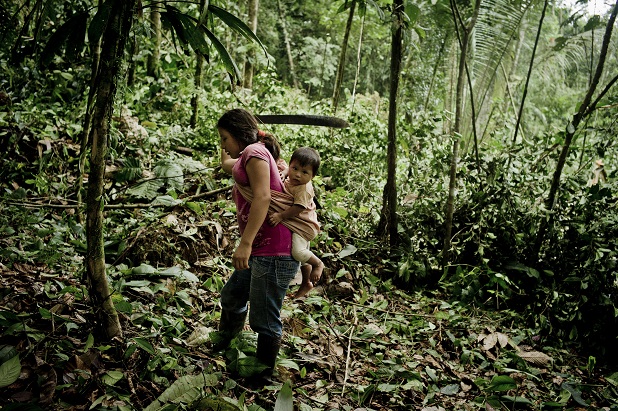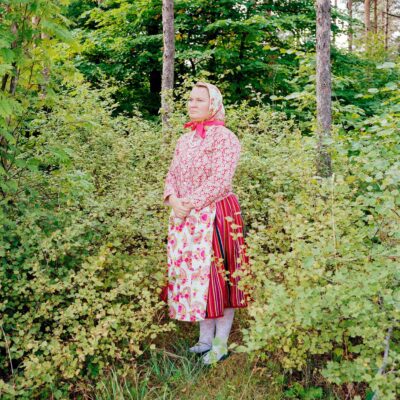There can be no sustainable development without indigenous participation

Protecting the traditional knowledge and territories of indigenous peoples means helping achieve a sustainable, hunger-free world and contributing to the fight against deforestation and climate change.
For years, the importance of indigenous peoples in the fight against deforestation, land degradation and climate change was overlooked and even denied, to the detriment of the environment and the food systems on which we all depend. Thanks to the global advocacy of indigenous peoples and their organizations, this tendency is changing, though not fast enough.
While indigenous peoples make up less than five percent of the world’s total population, they wield enormous influence over the well-being of the natural resources on which we all depend. They manage 28 per cent of the world’s land surface and, are the de facto guardians of 80 per cent of global biodiversity — including most of the plant and animal species on Earth.
Article by Jeffrey Y. Campbell, manager of the FAO-based Forest and Farm Facility.
Read more here. (lifegate.com, 07.08.2019)


